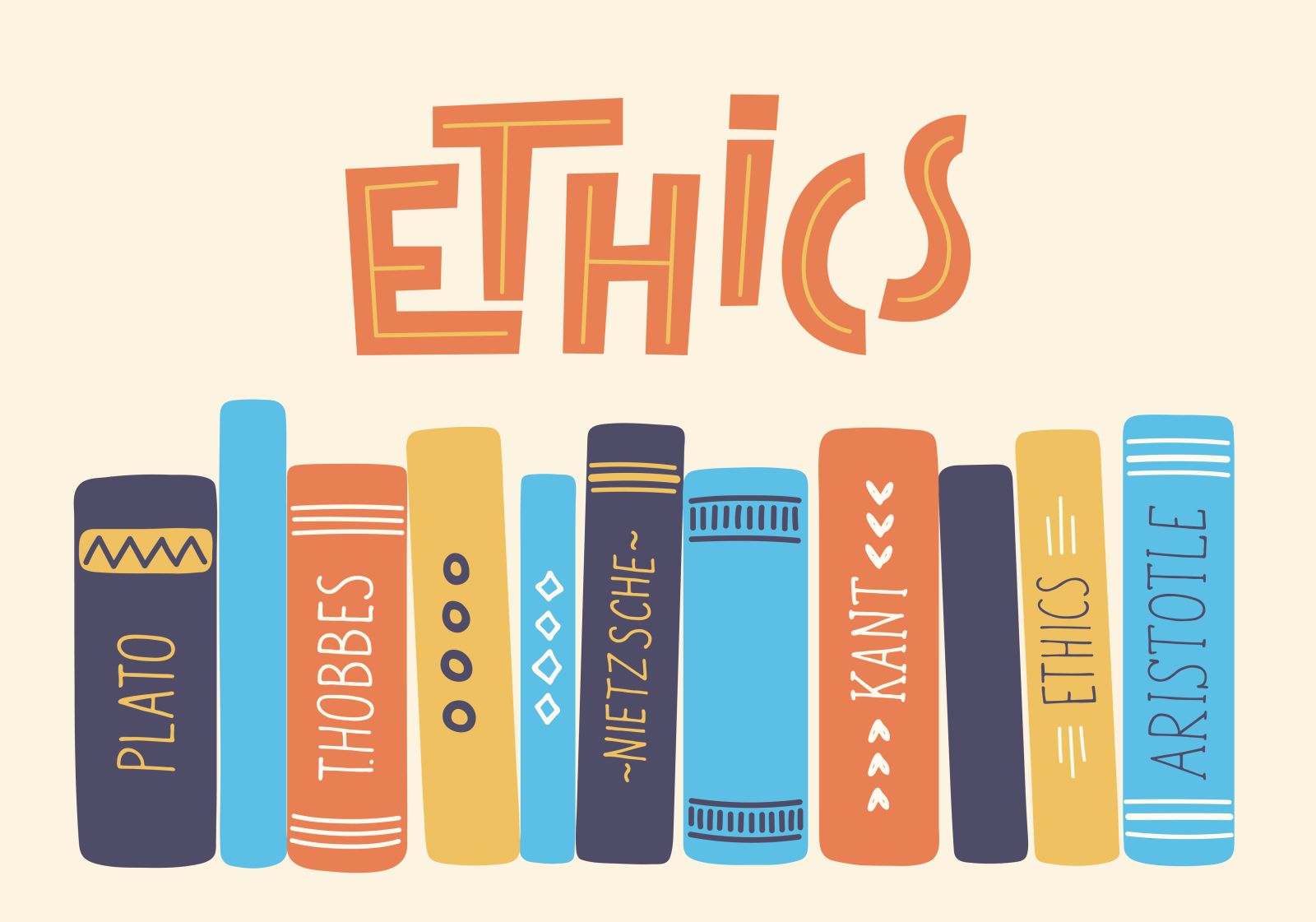
Overview
This course will offer students a critical examination of a selection of the principal works of the Western philosophical tradition. We will examine each of our selections both in its historical context, and also as a living approach to questions of enduring concern today. Through an exploration of Aristotle, Descartes, Hume, Kant, and Mill, we will tackle such questions as the nature and possibility of knowledge, freedom of the will, moral obligation, ethical objectivity, and the nature of the human beings whom we are.
Topics at a Glance
Module 1 - Introduction and Backround Concepts
Modules 2-3 - Aristotle: The Work of Being Human
Modules 4-5 - Descartes: Mind in a Material World
Modules 6-7 - Hume: The Scope and Limits of Knowledge
Modules 8-9 - Kant: The Laws of Freedom
Modules 10-11 - Mill: The Uses of Happiness
Module 11 - Persons, Freedom, and Living Well
Learning Outcomes
By the end of the course, students will be better equipped to:
Describe the principal arguments in a selection of the foundational texts of the Western intellectual tradition;
Critically analyze and assess these arguments for logical consistency;
Weigh specific philosophical views against potential counterexamples;
Apply the techniques of critical analysis in both reading and writing;
Articulate and defend a clear and coherent position on a philosophical question; and
Build and extend logical reasoning skills that are so crucial in every aspect of living and apply them to practical cases.

